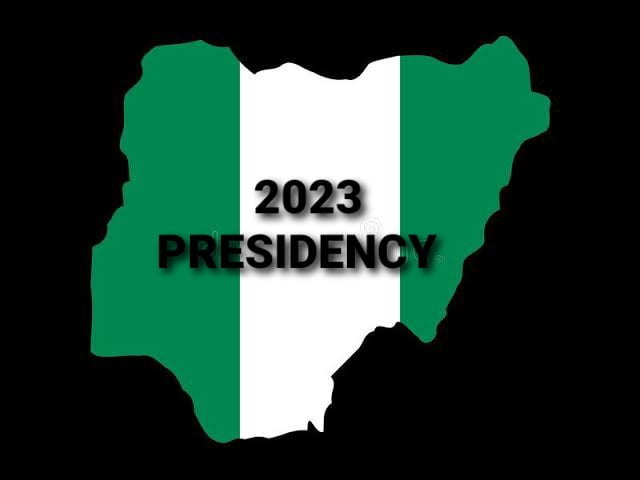
Experts have reaffirmed that the majority of campaign messages communicated since September 28, 2022 are not different from what the politicians told Nigerians during the Second Republic. The Second Republic of Nigeria, the most populous nation in Africa, began in 1979. Prior to the year, politicians ran ferocious campaigns across the country, promising to improve people’s lives through strong and enduring socioeconomic policies.
Professor Joseph Ayodele and Dr. Kayode Lambe, at the first monthly discussion of the results of ongoing monitoring of campaign activities by the Centre for Research on Development of African Media, Governance and Society and the Positive Agenda Nigeria ahead of the 2023 presidential election, note that the Republic politicians only made promises without providing the citizens with concrete results. They noted that the majority of political parties and candidates merely stated their positions without necessarily outlining the precise and detailed plans they intended to use to carry out their manifestos.
CEREDEMS-Africa and PAN found that both the actors and supporters rarely addressed the germane issues and needs of the citizens. Irrelevant issues outside the key policy and campaign issues dominated the campaign sphere.
Tekedia Mini-MBA edition 14 (June 3 – Sept 2, 2024) begins registrations; get massive discounts with early registration here.
Tekedia AI in Business Masterclass opens registrations here.
Join Tekedia Capital Syndicate and invest in Africa’s finest startups here.

Dissecting the report, the two academics from the Kaduna State University and the University of Ilorin noted that the ways political parties, candidates, and their supporters present and communicate campaign promises ahead of the 2023 presidential election are synonymous with the approaches of the Second Republic. According to them, the promises are only mentioned without providing core strategies for addressing emerging issues and needs of national importance.
This position resonates with the second part of the outcomes of the report, where CEREDEMS-Africa and PAN point out that the identified issues were not discussed thoroughly. “Our expectation is that both actors and supporters would give details about the policies or programmes that have been implemented and state how they have impacted people and improved Nigeria’s status in all ramifications. We equally expect discussion of alternative ways to formulating the policies or programmes as well as executing them. However, based on our categories of informed policy engagement, analysis reveals that the deployment of slightly informed policy engagement was high.”

The two academics emphasized that political parties and candidates are unsure of how they will address the country’s numerous challenges. At the same time, the majority of voters do not have a clear understanding of what they should prioritize when selecting between available parties and candidates.
They did, however, make it clear that the upcoming elections cannot be won on social media platforms, through news articles, or by assuming that voters are watching broadcast content with the intention of making an informed decision. The majority of voters, according to experts, live in rural areas, and politicians are skilled at motivating them to cast as many ballots as possible.


